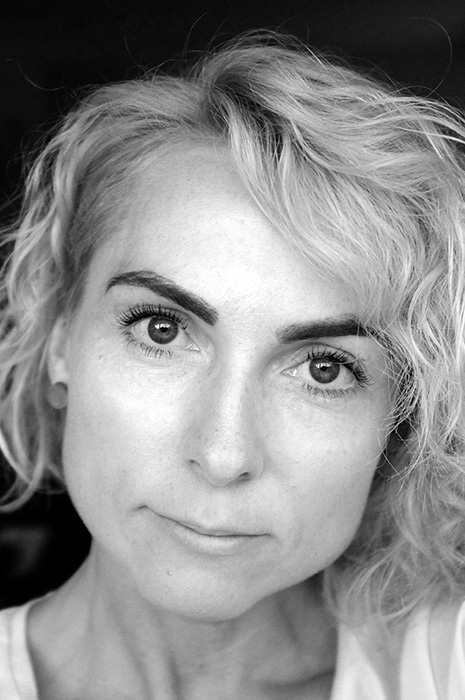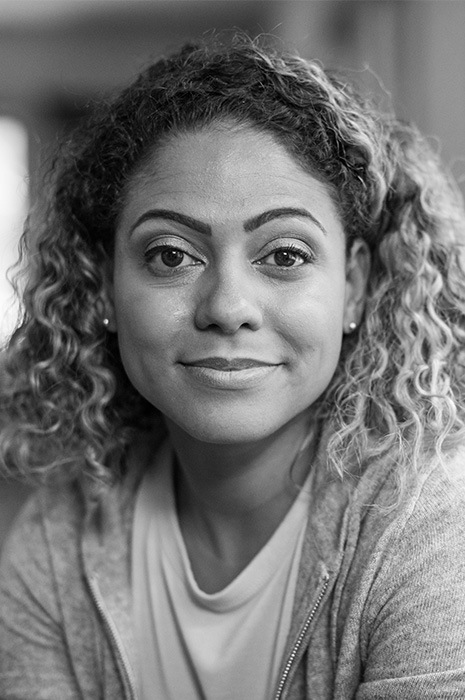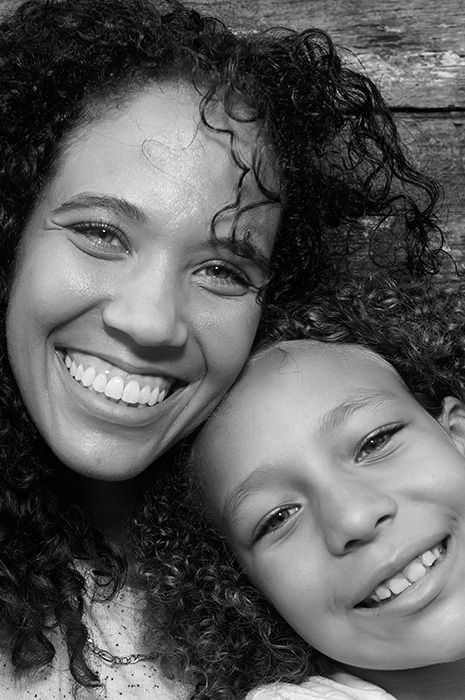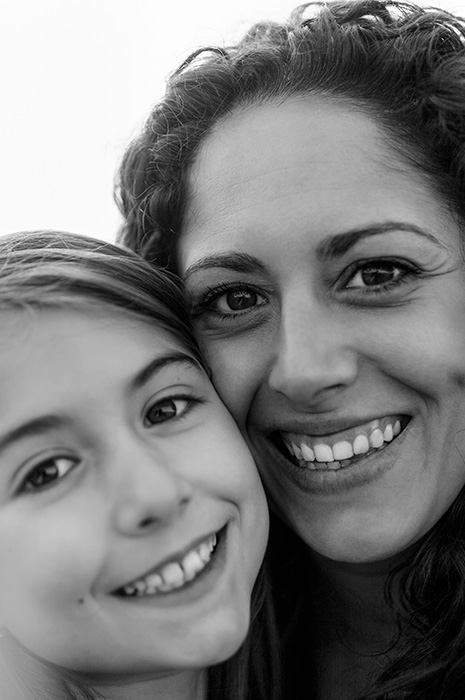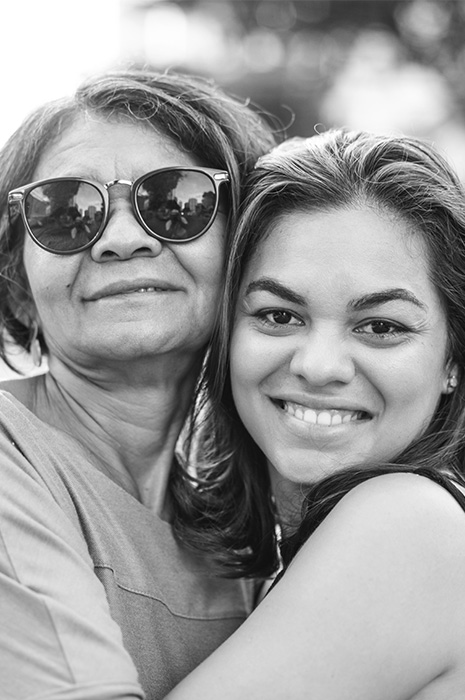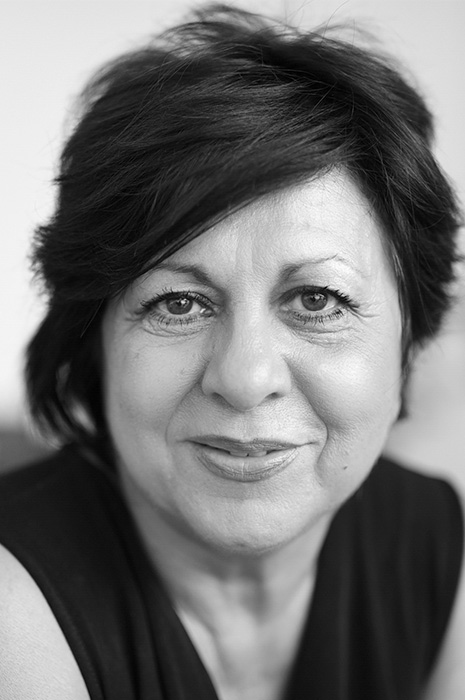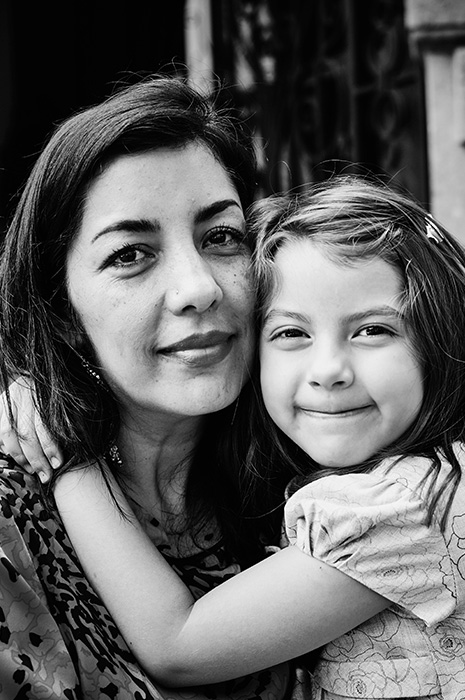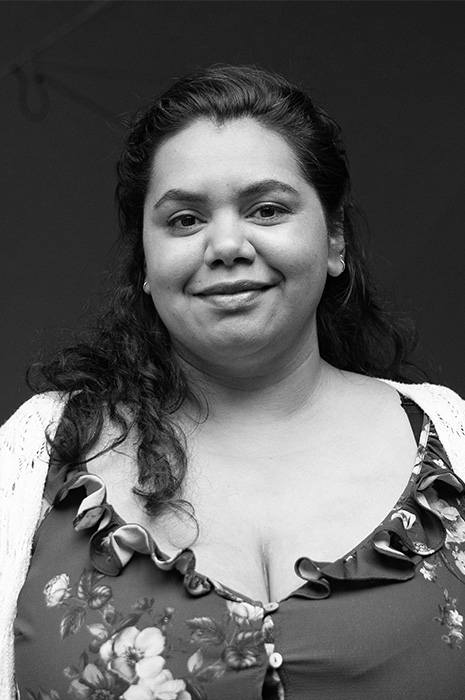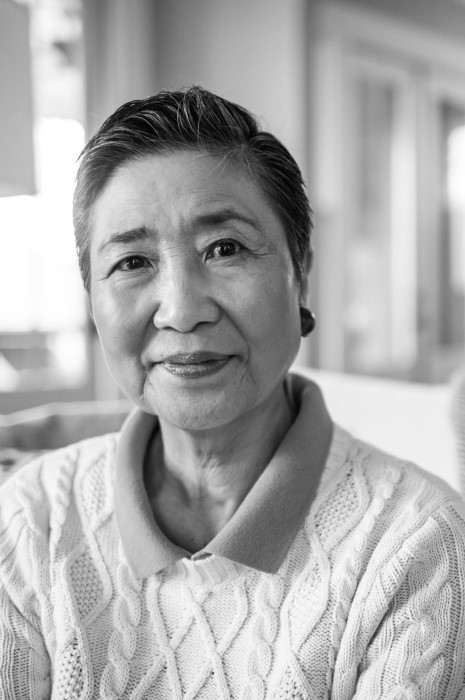When we publish a story about financial abuse on Mamamia, we are invariably inundated with correspondence. Emails, messages, submissions - all sharing the nuances of abusive relationships where money and resources were used as a tactic of domestic and family violence.
We’re reminded time and time again that financial abuse is alarmingly common.
According to research published in 2017, more than 15 per cent of Australian women, and 7 per cent of Australian men, have at some point in their lives experienced financial abuse.
Despite the traditional understanding of financial abuse occurring in the context of a current or former romantic relationship, perpetrators can also be a family member, parent, or friend.
We know that financial abuse is a significant feature in many abusive relationships. Research suggests that among those who seek support for domestic and family violence in Australia, up to 90 per cent are also affected by financial abuse.
We’ve launched a campaign Turning the Page: A Letter to My Abuser, inviting victim-survivors to write an anonymous letter to the person who financially abused them. The letters are a way to visually and emotionally represent those experiences that may have gone unheard and unseen, and give them a place to live.
Below are just some of the letters we have received. You can submit your letter at letters@mamamia.com.au (where your name will not be recorded), and we will keep adding to this space. A virtual memorial to the impacts of financial abuse, the irretrievable loss, and the people who have fought for their own independence.
Real names have not been used, some information and identifying details have been changed. The images used are stock images.
A warning that the following letters contain details of domestic and family violence, and may be triggering for some readers. If you need support, we recommend calling 1800RESPECT on 1800 737 732, or visiting 1800RESPECT.org.au.
How does someone truly move on from financial abuse?
First, they have to know what it is.
The signs of financial and economic abuse can include:
- Controlling access to someone's bank account - including limiting someone's spending, limiting their ability to access shared funds or to access their own funds
- Getting a partners' salaries paid into the perpetrator's accounts so the perpetrator controls their partner's money and income
- Taking out loans and debt in a partner’s name without them knowing
- Controlling someone’s spending - including not allowing a person access to credit cards, or giving a person a really limited and restricted amount of money for themselves
- Not allowing someone to work or earn an income
- Not allowing someone to study
- Sabotaging employment and education opportunities
Suzanne Panecki, a Senior Practitioner Financial Coach at Good Shepherd's Financial Independence Hub, delivered by Good Shepherd and funded by Commonwealth Bank, has dedicated her career to helping survivors of financial abuse. Every day, she speaks on the phone to victim-survivors who have sought the help offered through the Financial Independence Hub. She says there are three key principles for healthy money relationships. They are: ability to share, transparency and having an equal voice in your relationship.
Panecki has seen first-hand, however, that it can take a long time for victim-survivors to recognise signs of abuse.
One of the services available is the Financial Independence Hub delivered by Good Shepherd and funded by the Commonwealth Bank which provides tailored support for all victim-survivors of financial abuse, regardless of who they bank with.
The service is designed by people who have previously experienced financial abuse as a result of domestic and family violence, with the purpose of providing support for victim-survivors of financial abuse to achieve long-term financial independence.
"The hub service is completely free and offers a range of support to people all across Australia," Panecki says.
“If a person is on their recovery journey, they can access our Financial Independence Hub to focus on their long term financial recovery, to help provide specialist support to people, to build their confidence and capability in managing their own finances, including one-on-one coaching sessions. And we can also provide assistance and referrals to various other support services.”
Mamamia has previously published a contact list that anyone leaving an abusive relationship should have.
***
There are some letters we have received that we have chosen not to include. Ones where the victim-survivor is still in the throes of financial abuse, and overwhelmed by shame, humiliation, anger and helplessness.
We wanted this to be a place of hope, of promise, of looking forward.
One daughter wrote to her father, “You have burdened me with digging myself out of a hole that you dug for me.”
That burden is real, and it is immensely unfair.
But it is possible to find your way out of that dark hole, and establish your independence in spite of it.
For confidential information, counselling and support, we recommend calling 1800RESPECT on 1800 737 732 or visit 1800RESPECT.org.au. This is a free and confidential service that is not part of Commonwealth Bank. If you need an interpreter or translator, you can ask for one and the counsellor will make the arrangements. In an emergency or if you’re not feeling safe, always call 000.
CommBank’s Next Chapter program aims to help people impacted by financial abuse, perpetrated through domestic and family violence, achieve long-term financial independence. To find out more about the program, please visit commbank.com.au/nextchapter




